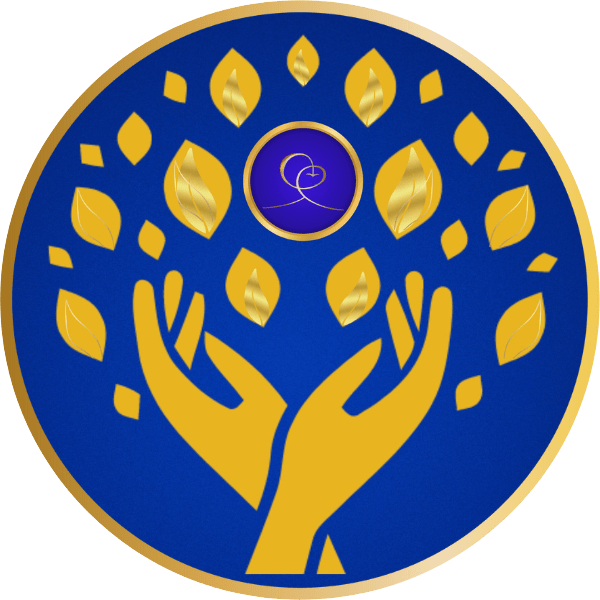Education for Life
All of our academics are based on the book Education for Life by J. Donald Walters. Education for Life (EFL) is a revolutionary approach to education that aims to develop our students in a holistic manner. Based on Ancient Principles and Universal Truths, the EFL system has now been in practice for over 50 years. In this time, the EFL philosophy has been and continues to be implemented by schools around.


Maturity
The overarching goal of the EFL system is to help the student develop maturity, which is defined as:
"The ability to relate appropriately to realities other than one's own"
Only by developing true maturity can a person navigate through life harmoniously and effectively.

Sucess
Maturity is seen not only as an end in itself, but as an essential ingredient for achieving True Success in life, which EFL defines as:
“Success in Education for Life is the ability to face life’s challenges with joy, wisdom, and inner strength | —creating a life that is both personally fulfilling and beneficial to others.”

Progressive Development
The traditional approach to education, where every student is held to one standard, leaves most students either overwhelmed or under-challenged. In order to deliver a truly Individualized education, our teachers focus on Progressive Development.
Instead of forcing each student to meet an arbitrary standard, our Education for Life teachers are trained to recognize where each student is in their development and help them take their next step forward by giving them the appropriate instruction. In this way, each student is given the help they truly need to succeed.
“meeting students where they are, and offering experiences that support their current level of awareness— helping them grow naturally and fully through each stage.”
Tools of Maturity
The EFL Philosophy also recognizes that certain stages of maturity are generally universal. As children mature, they pass through phases where they are more in tune with one of the four following Tools of Maturity. For example, students in the Middle School years, from 7-12 are considered to be in the feeling years, as opposed to High School students, aged 13-18, who are more in the phase of developing their willpower.
While it is true that each Tool of Maturity is present at every age, EFL teachers tailor their approach to give special emphasis to the tool of maturity that corresponds with the stage of development of their students.
Education for Life Curriculum
Our Earth- Our Universe includes the subjects that have traditionally fallen under the title of “the sciences” such as physics, chemistry, anatomy, and astronomy.
However, the Education for Life approach seeks to show students the underlying unity between these subjects, offering them a more holistic view of the interconnectedness and balance between all of life. In this way, the sciences are transformed from a dry, intellectual, and often boring subject into one that inspires a sense of awe and wonder about the world.
Classes under the umbrella of Personal Development include a wide range of topics, covering all aspects of Physical, Mental, and Spiritual Development.
Such topics would include Hygiene, Diet, Exercise, Sex Ed, Development of Memory and Concentration, Self-control, Non-attachment, Willingness, Servicefulness, and Humility, to name just a few.
Self-Expression and Communication courses help students to develop mental clarity, as well as the ability to effectively communicate their ideas to others. Students are encouraged to develop their creativity and taught to apply that creativity to all areas of life.
Subjects include writing, grammar, arts, music composition, public speaking, debate, marketing as well as research.
Classes such as History, Geography, Psychology, World Cultures and Sociology would all fall under the category of Understanding People, but instead of merely memorizing dates and names students are guided through these topics in a way that makes the content relatable.
History, for example, is used to show not only the progression of civilizations through time, but also as a source of life lessons, such as overcoming challenges or an understanding of cause and effect. Geography also is used to introduce the students to different ways of living and ways that different cultures have adapted to their environment.
Cooperation is a new approach to the traditional topics in a way that incorporates human realities into the picture. Topics such as economics too often focus only on the cold facts and hard numbers without taking into account the reality that truly successful businesses seek first to serve their customers. Political Science also, instead of focusing solely on the structure of systems, should also take into account the human element, both our high aspirations and our shortcomings.
In traditional schools, classes tend to become like an island unto themselves, totally unrelated to the other classes, leaving the students with a compartmentalized view of the world. Wholeness seeks to bring together all of the other five areas of the curriculum in a way that gives coherence to the entire system.
For example, students are taught that the scientific approach that one takes in a physics class, hypothesis, experimentation and evaluation, should also be applied to every area of life, such as trying out a line of profession, making changes to their diet or adjusting how they communicate with others.
In addition, students participate in activities that emphasize calmness, inspiration, and self-
Discovery such as yoga, meditation, inspirational reading, nature walks, introspection, and journal writing.
